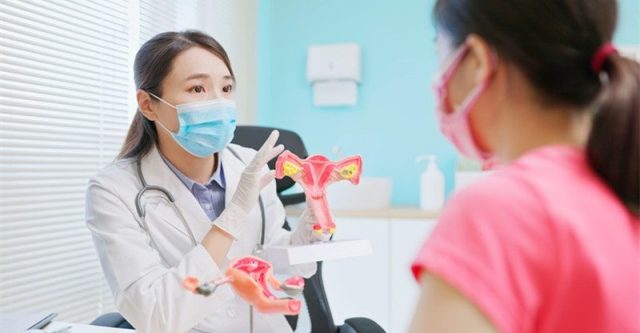Your Fertility Journey: Exploring Ovarian Rejuvenation
Trying to conceive can be a mix of hope and challenges. While some couples get pregnant easily, others face hurdles. Thanks to modern medicine, there are now more ways to address fertility issues. One newer option is Ovarian Rejuvenation – a promising technique for women concerned about age or ovarian health.
What Is Ovarian Rejuvenation?
This cutting-edge treatment aims to:
- Stimulate the growth of new eggs
- Revitalize aging eggs in the ovaries
The idea is that women may have inactive eggs that can be “awakened” through special treatments, potentially improving chances of pregnancy.
Types of Ovarian Rejuvenation
There are two main approaches:
- PRP (Platelet-Rich Plasma) Therapy – Uses your own blood platelets to stimulate ovarian tissue (most common method)
- Stem Cell Therapy – Involves injecting stem cells into the ovaries (still in development)
How PRP Therapy Works
The process is straightforward:
- A small blood sample is taken
- The blood is spun to concentrate platelets
- The platelet-rich plasma is injected into the ovaries
Two delivery methods exist:
- Transvaginal Ovary Injection (ultrasound-guided, done under light sedation)
- Uterine Infusion (faster, no anesthesia needed)
Who Might Benefit?
This treatment may help women who:
- Have low ovarian reserve
- Experience premature ovarian failure
- Are older (advanced maternal age)
- Respond poorly to fertility medications
- Have had unsuccessful IVF cycles
- Have thin endometrial lining
Important Considerations
Before deciding:
- Success rates vary between patients
- Possible side effects include mild pain or fever
- Research is still ongoing to improve the technique
Next Steps
Always discuss options with your fertility specialist. They can help you weigh the pros and cons based on your unique situation. Remember – every fertility journey is different, and what works for others may not be right for you.




























